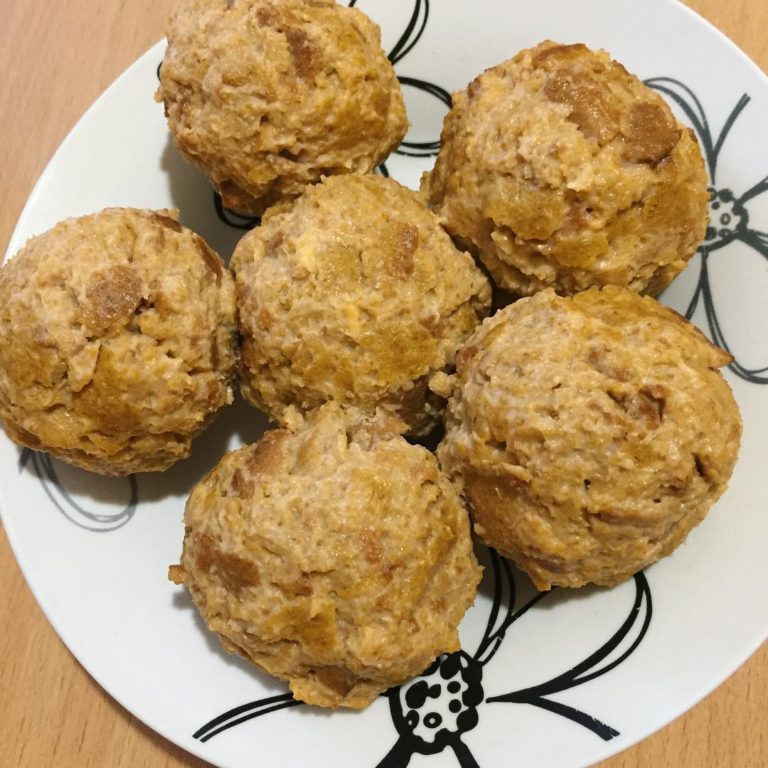14 Foods You Can Eat As Much of As You Want
#HealthyFood #HealthyEating #DietInspiration #HealthInspiration
There is no such thing as “calorie-free food”. Even the lightest fruits and vegetables we eat turn into calories when they enter our body and are digested. However, we can talk about foods that do not gain weight, which are usually non-starchy vegetables and fruits.
The reasons why these fruits and vegetables do not make you gain weight are:
– An important part of their structure is water.
– They are low in calories.
– They contain fiber that makes you feel full and full easily.
Although these vegetables and fruits are not high in protein, it can be said that they are rich in vitamins, antioxidants and other nutrients. On the other hand, don’t be fooled by the title: No matter what you eat, too much is harmful and can make you gain weight. Therefore, do not make the mistake of eating a single food unlimitedly.
Still, “What can I eat with peace of mind?” If so, here’s the answer…
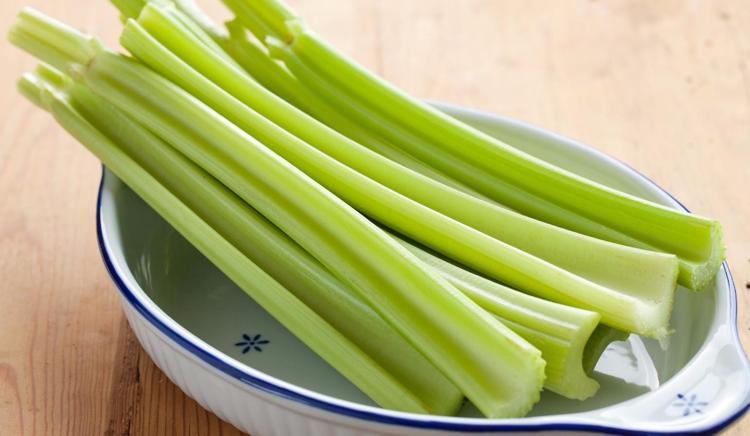
celery stalk
Even though a celery stalk is 95 percent water, that doesn’t mean it’s not good for your health. Celery is rich in potassium, folic acid, fiber and can meet 30 percent of your daily vitamin K needs. What’s more, a serving is only 6 calories. Remember, the fresher you consume, the better. Because celery stalks are less nutritious as the juice is withdrawn.
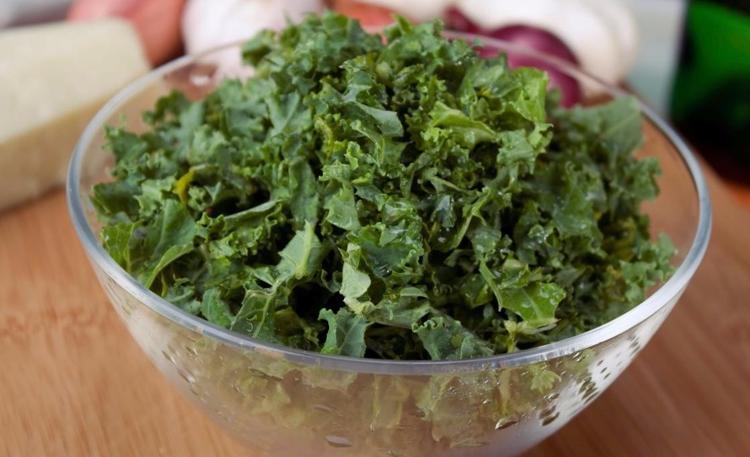
kale
One cup of kale is 33 calories. In contrast, each serving contains 3 grams of protein and 2.5 grams of fiber. Moreover, it is one of the rare vegetables that contain omega-3 fatty acids. Kale is also rich in vitamins and folic acid.
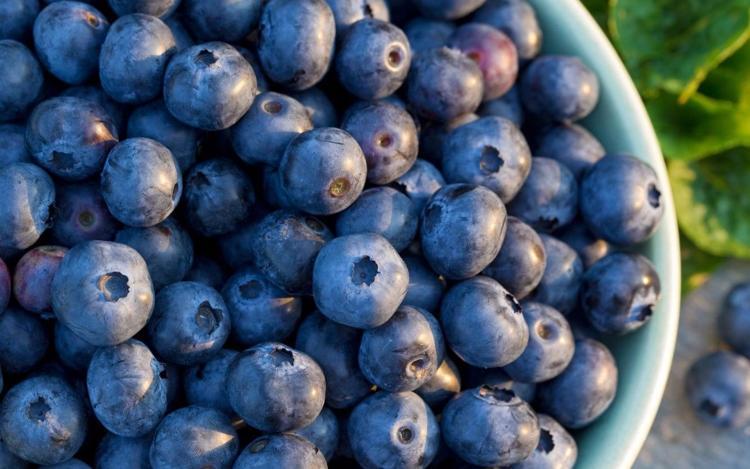
Blueberries
Blueberries are one of the first fruits that come to mind when it comes to antioxidants. In fact, it is ahead of all other fruits in this regard. One cup of blueberries provides 14 percent of your daily fiber needs and only 85 calories.
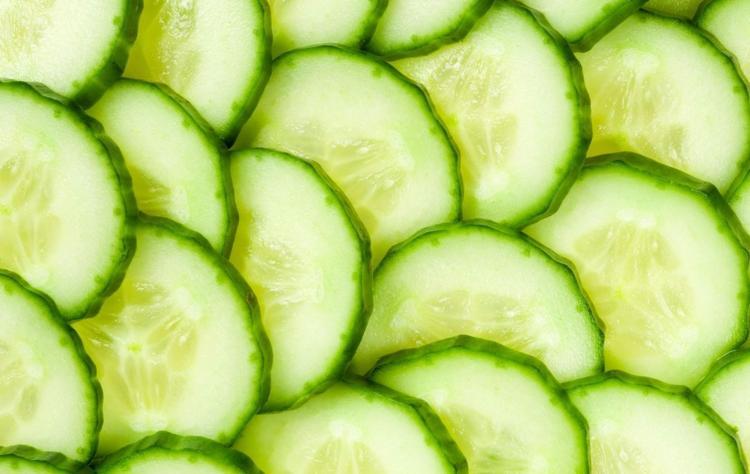
Cucumber
Cucumber, which is mostly water, has only 16 calories per serving. Most of its nutrients are in the shell and kernels. Therefore, it is preferable to eat without peeling. The nutrients in question are fiber and beta-carotene, a type of vitamin A that is good for the eyes.

Tomatoes
Lycopene, which gives tomatoes their red color, is a carotenoid that fights chronic diseases. In addition, tomatoes are rich in vitamins A, C, B2, folic acid, chromium, potassium and fiber. In contrast, a medium tomato is only 25 calories.
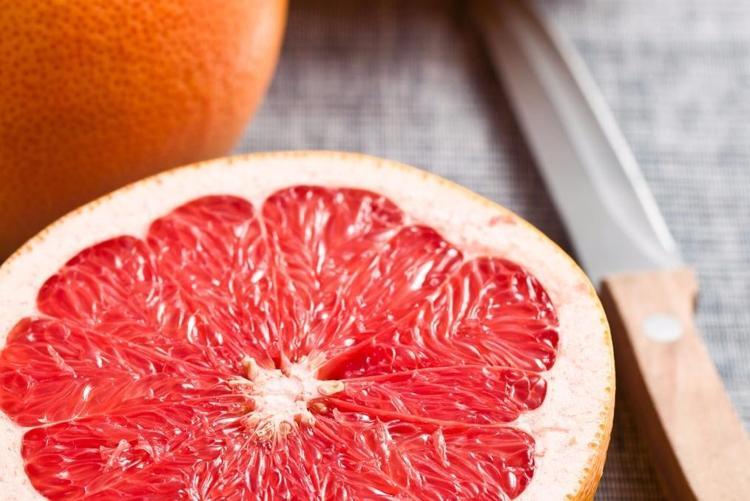
Grapefruit
Studies show that people who include grapefruit in their daily diet experience weight loss. Because grapefruit is a fibrous fruit that regulates blood sugar and keeps you full for a long time. Half a grapefruit has only 50 calories. Moreover, the vitamin C found in grapefruit reduces your risk of cancer and heart problems. Grapefruit also lowers cholesterol and facilitates digestion. Thanks to the folic acid in its structure, it is an indispensable fruit for pregnant women.
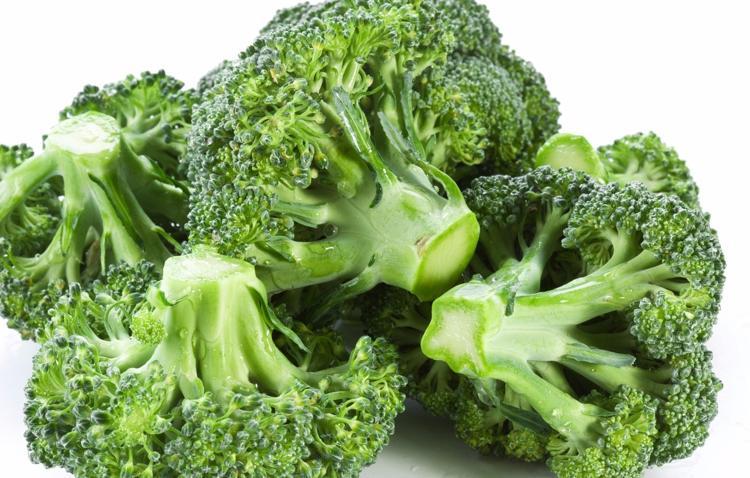
Broccoli
If you want to benefit from the nutritional benefits of broccoli, you should consume it either raw or lightly steamed. It contains sulforaphane, an anticarcinogen that neutralizes cancer-causing substances that enter our body through our environment or food. It is also full of vitamins A, C, E, and K. One serving of steamed broccoli meets 20 percent of your daily fiber needs. What’s more, one serving is only 31 calories.
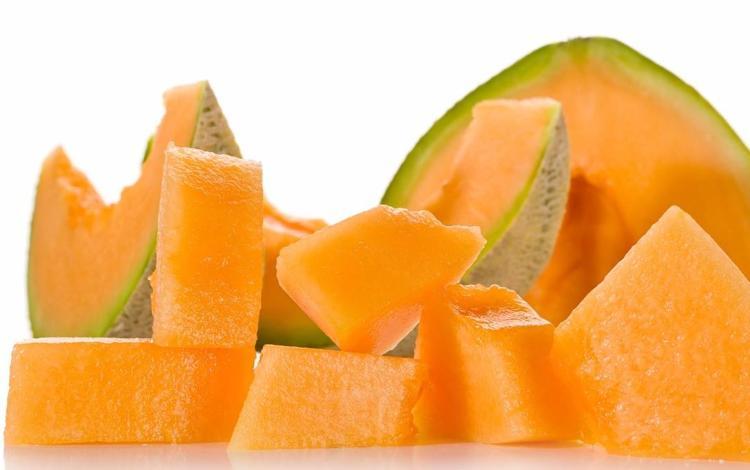
orange melon
Orange melon is richer in beta-carotene, a type of vitamin A beneficial for eye health, than many other orange fruits such as oranges, grapefruit, peaches, and mangoes. A cup of orange melon contains all of your daily vitamin A and C needs, as well as potassium. Moreover, since it is 90 percent water, one serving is only 55 calories.
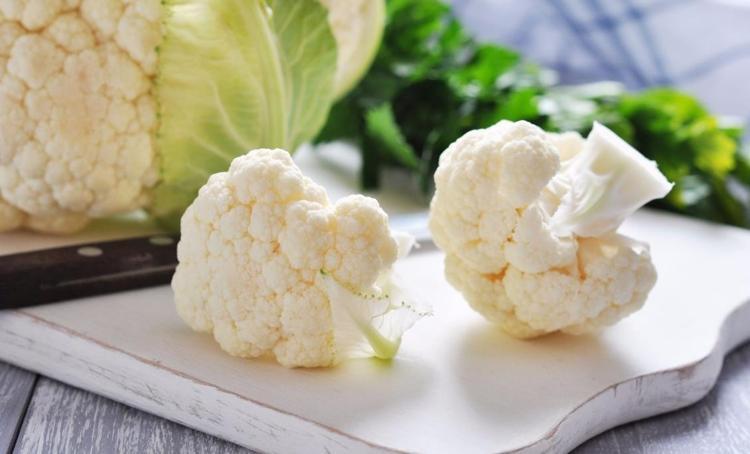
Cauliflower
Cauliflower is very rich in antioxidants and phytochemicals that help you fight chronic diseases. It is also an excellent source of folic acid, fiber, vitamins C and K. Moreover, one serving contains only 25 calories.
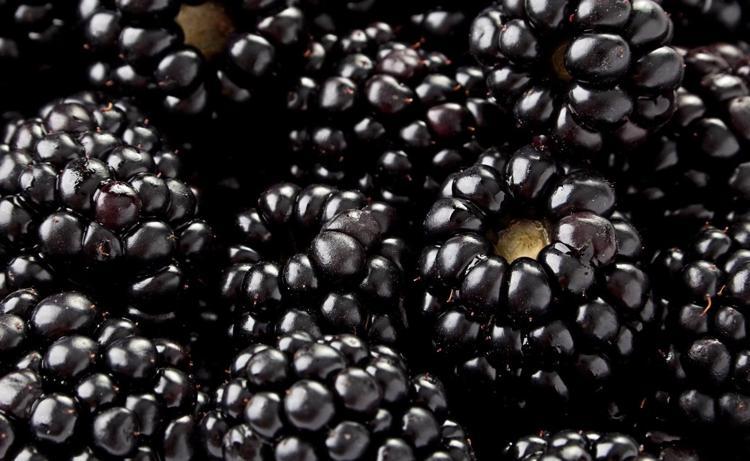
Blackberry
Blackberries, like many other forest fruits, are rich in vitamin C and antioxidants known as bioflavonoids. Blackberries also facilitate digestion, keep you awake, tighten the tissues and make your skin look younger. One serving is only 62 calories.
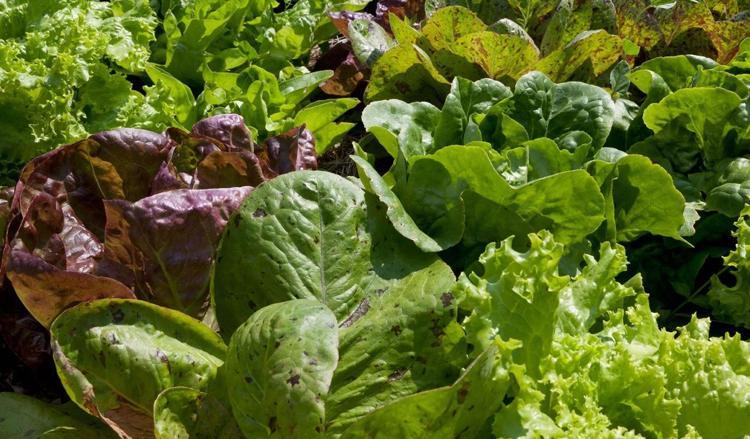
Lettuce
Curly or belly, lettuce has 10 to 20 calories per serving. Although it does not contain much protein, it is rich in folic acid, iron, vitamins A and C.
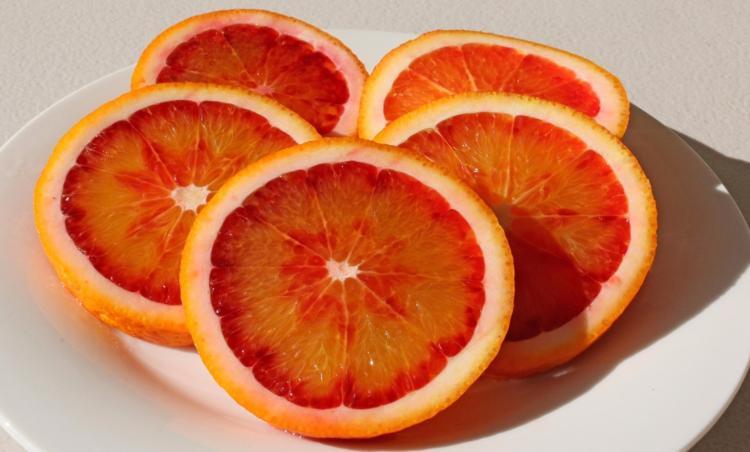
Orange
When you think of oranges, everyone thinks of vitamin C. However, citrus fruits have many benefits. Because vitamin C is critical for collagen production, oranges protect skin from damage and improve its appearance. Also, one medium orange is around 80 calories. Do not peel off the white peel of the orange. This portion contains a lot of fiber and thus lowers cholesterol and regulates blood sugar levels.
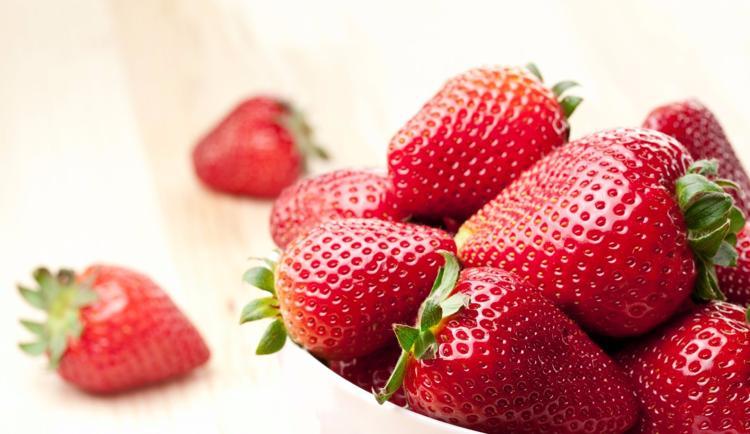
Strawberry
One serving of strawberries has more vitamin C than one serving of oranges. Moreover, strawberries are a storehouse of antioxidants called polyphenols. Also rich in potassium and fiber, strawberry is a fat-free, sodium-free and cholesterol-free fruit. One cup of strawberries is only 50 calories.
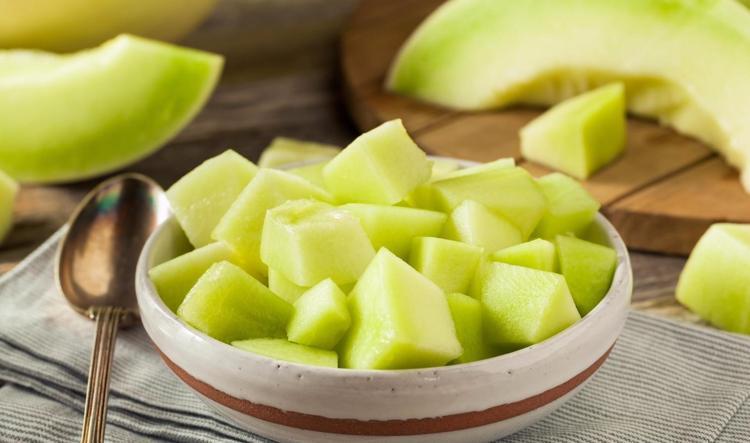
green melon
One serving of green melon is 64 calories, slightly more than orange melon. Most of these calories come from the 14 grams of natural sugar in one serving. Green melon also meets half of your daily vitamin C needs. It is also rich in copper, which is very important for healthy skin.
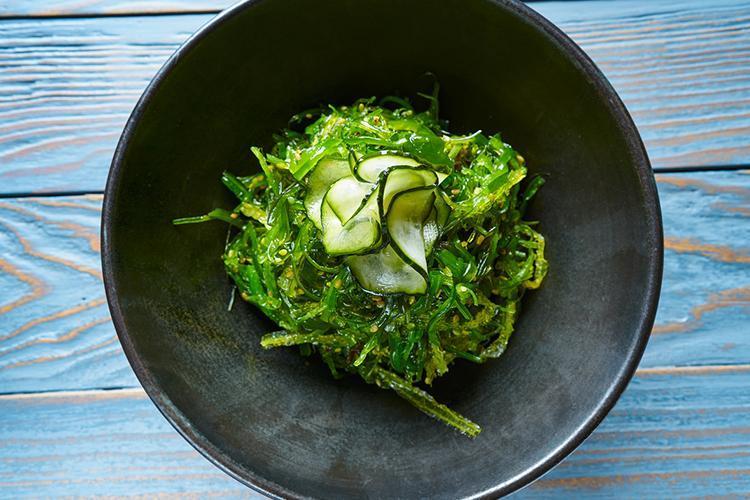
algae
Seaweed, which is frequently used in Far Eastern cuisine, is a very effective food in preventing weight gain. It is also a great food for iodine intake into the body.
.jpg)
Purslane
100 grams is 16 calories.
Purslane is a vegetable rich in minerals, vitamins and omega 3.
.jpg)
Zucchini
There are 16 calories in 100 grams.
Zucchini contains high fiber.
[content-egg-block template=offers_grid limit=6 sort=price order=desc]




